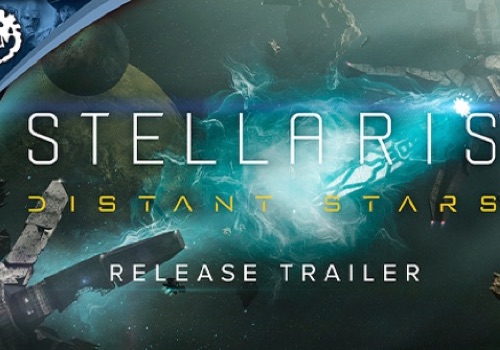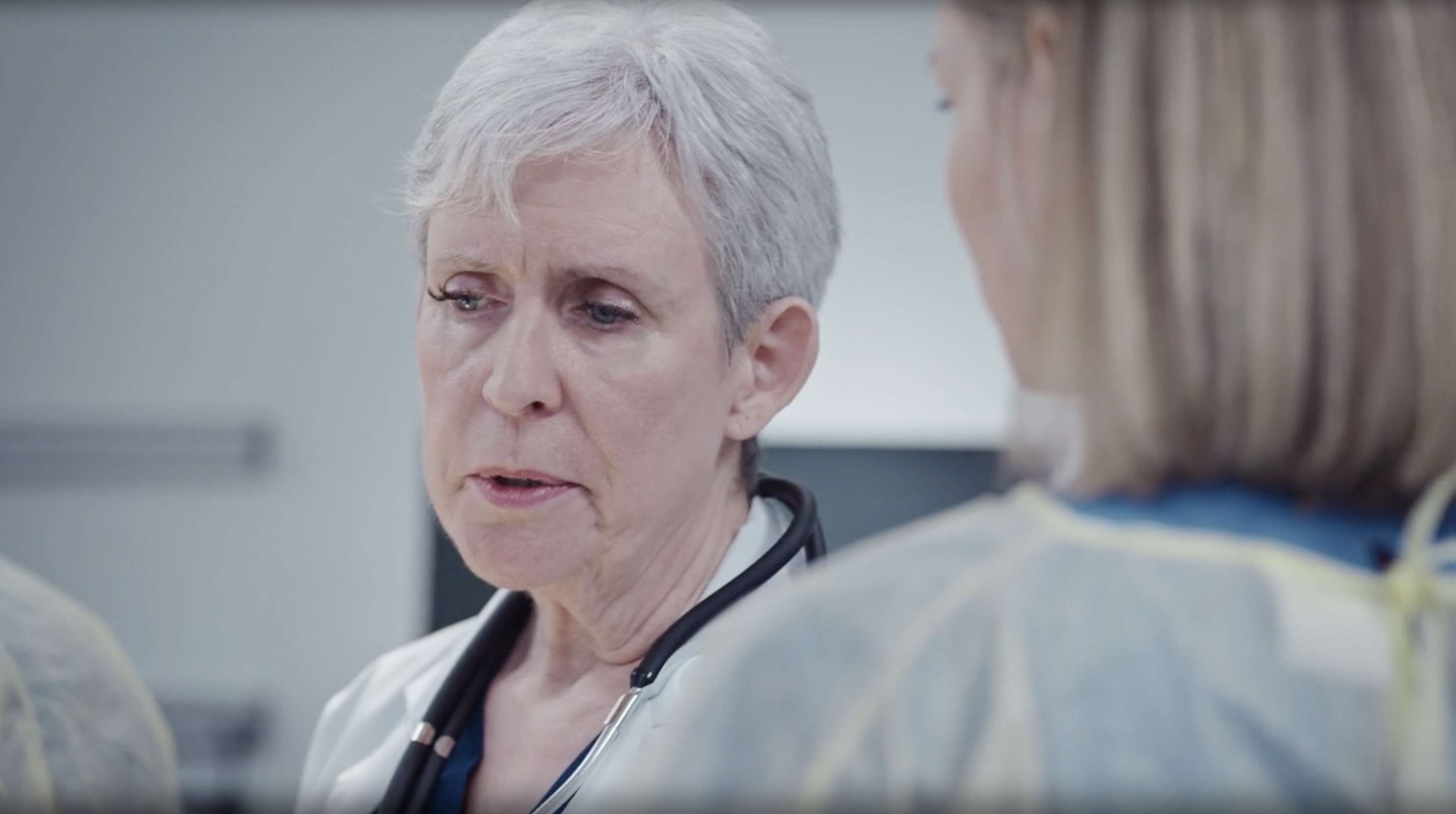
2020
Reducing Cognitive Overload, Improving Patient Safety
Entrant Company
Vocera Communications, Inc.
Category
Video - Technology / Science
Client's Name
Vocera
Country / Region
United States
Allie is a nurse in a busy trauma center. She is managing multiple points of complexity when the call comes in: An ambulance is on its way to the hospital, bringing in a young man who was struck by a car.
Allie is caring for an agitated patient when the EMT calls from the ambulance with information about the incoming trauma patient. Allie quickly writes the information on her glove. As the EMT shares critical medication information, Allie is distracted by the agitated patient and, unknowingly, does not hear or record the information.
This video shows how a major mistake is been set in motion and a person’s life put at risk because of this missed information – and how such a mistake can be avoided with the right technology.
Every day, nurses make mistakes because they are overwhelmed with high volumes information received by people, devices, and clinical systems. Reducing cognitive load will help create an ideal working environment and foster well-being and retention. Hospitals need to offload clinicians’ need to retrieve, record and retain information, and make it easier to do their job. Standardizing communication on a single platform and simplifying workflows will go a long way to mitigating interruptions, reducing cognitive load, and improving patient care and safety.
For the past year, Rhonda Collins, the Chief Nursing Officer at Vocera, has been bringing more awareness to cognitive overload and how it impacts patient care and safety. She also has been sharing strategies with clinical leaders and steps they can take to mitigate cognitive burden for nurses, doctors and care teams.
Dr. Collins has spoken around the world on this topic and has seen that cognitive overload is a significant problem in hospitals across the U.S., Canada, Australia, Ireland and England and beyond. She said it is a problem many clinicians have been experiencing for years, but they haven’t had a term for it. In fact, one audience member at a healthcare conference recently came up to her after presenting about cognitive overload and said, “You’ve given a name to our pain.”
Credits

Entrant Company
LiveArea
Category
Content Marketing - E-Book
Country / Region
United States


Entrant Company
SALVADO® - Contemporary Design Consulting
Category
Corporate Identity - Brand Identity
Country / Region
Portugal


Entrant Company
Player One Trailers
Category
Video - Art & Design
Country / Region
United States

Entrant Company
Black Chateau Enterprises
Category
Event - Festival / Carnival (NEW)
Country / Region
United States



